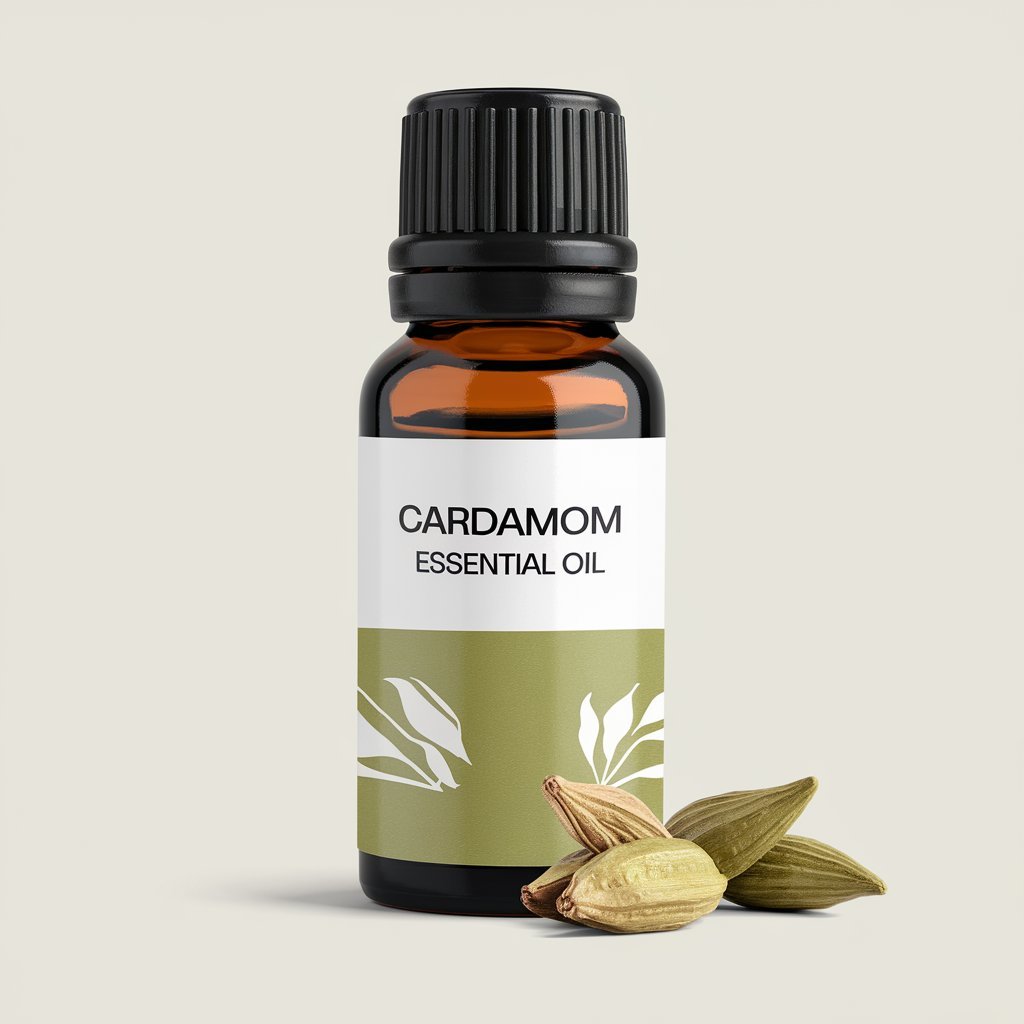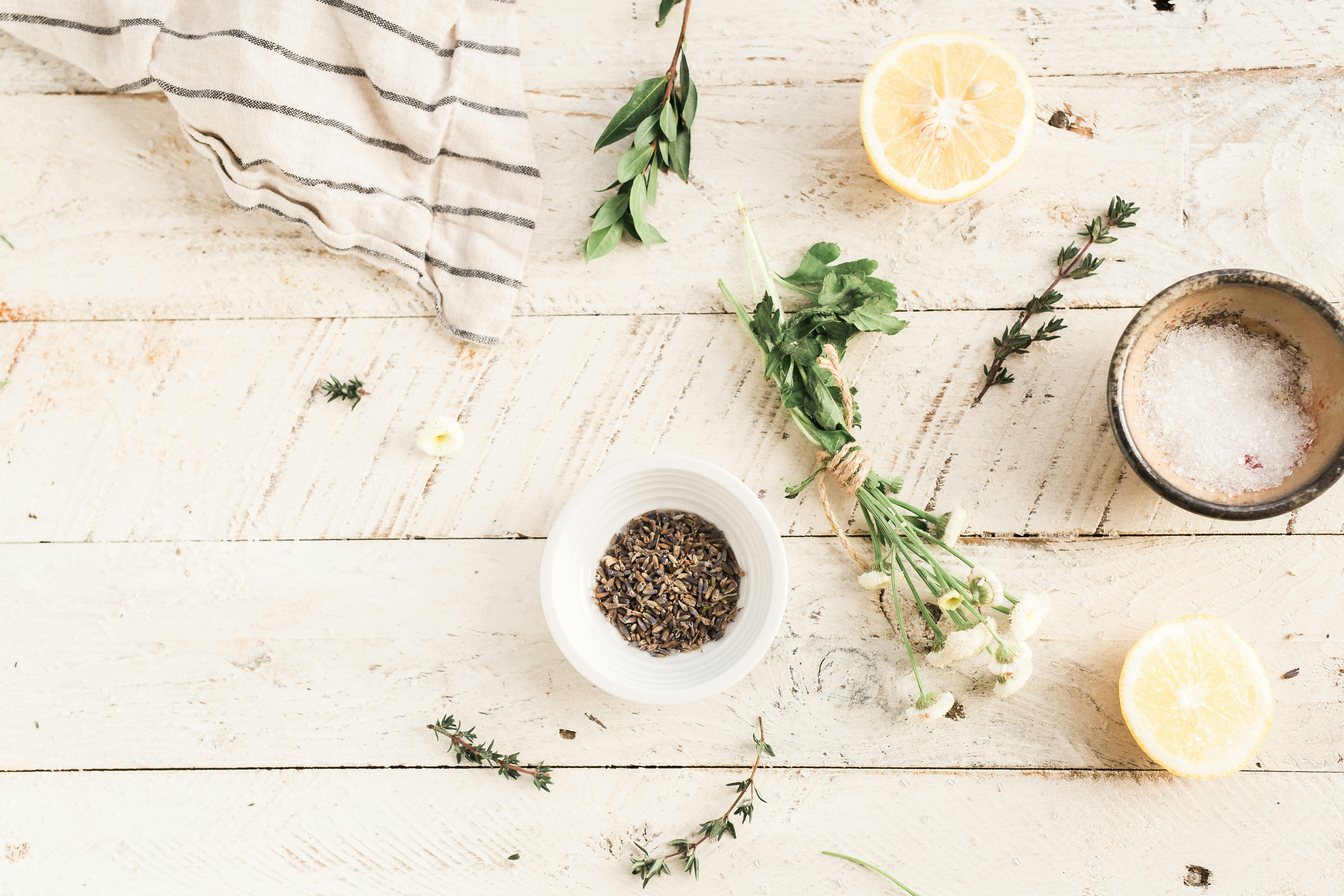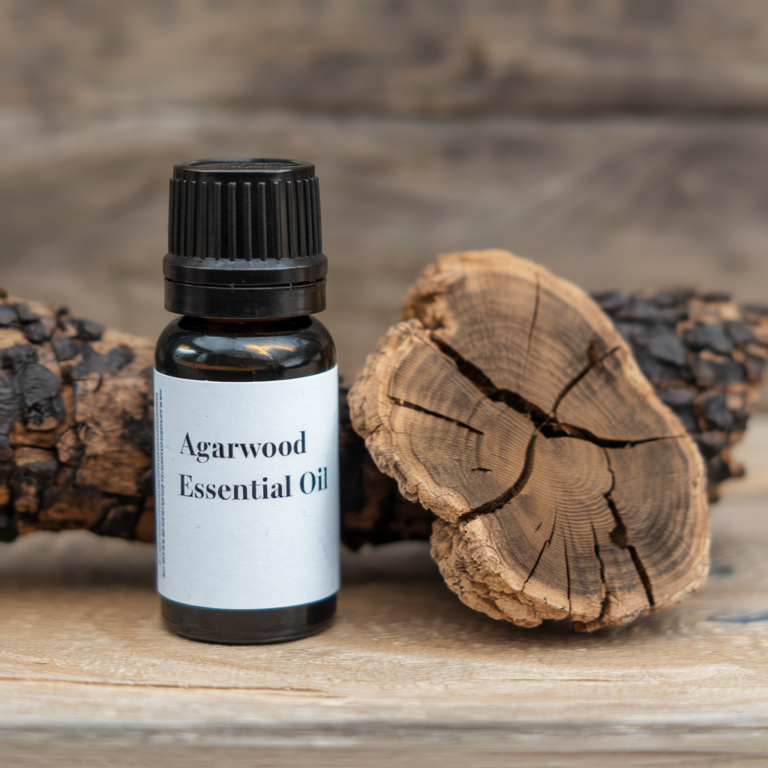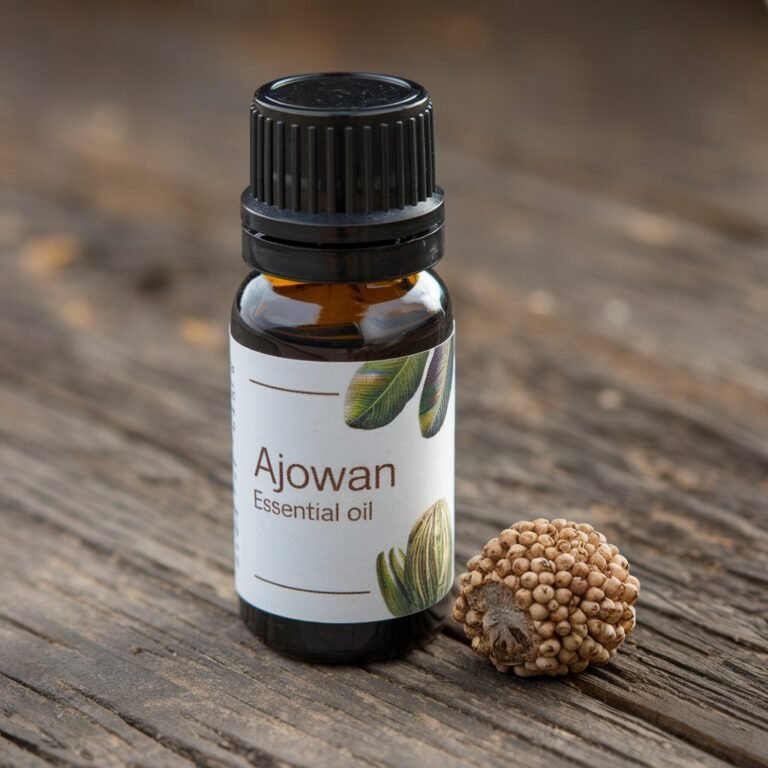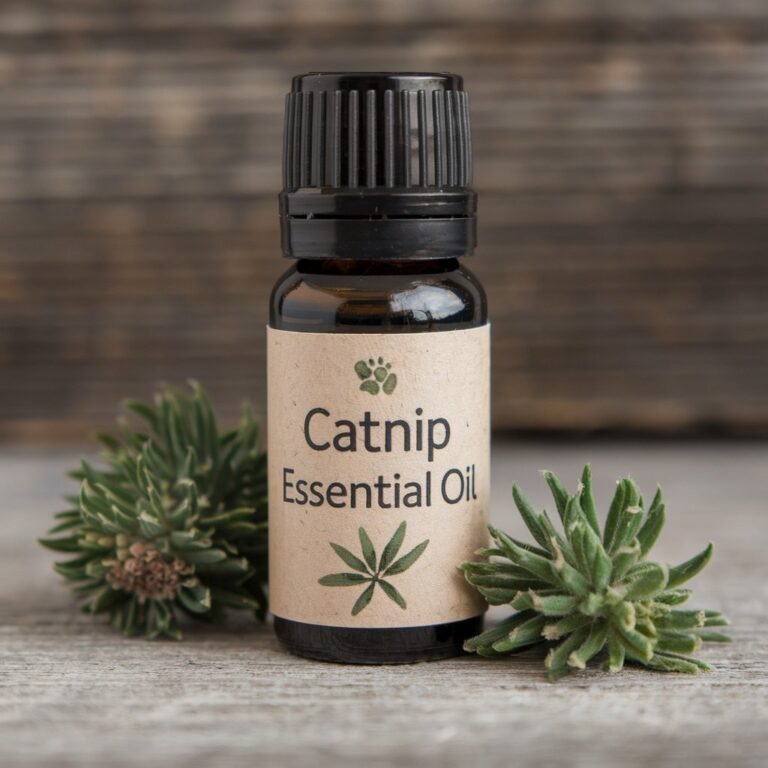Cardamom Essential Oil
Have you ever wondered what gives your favorite chai tea its warm, spicy flavor? It's often the enchanting presence of cardamom, a spice so versatile that it can be used in cooking, baking, and even as an essential oil. Let me take you through the world of cardamom essential oil, which, believe it or not, has more to offer than just enhancing your culinary experiences. It has a long history, impressive benefits, and some things to be aware of.
Recommended Brands:
Cardamom Essential Oil by Barefut
Cardamom Essential Oil by Rocky Mountain Oils
Cardamom Organic Essential Oil by Amrita
What is Cardamom Essential Oil?
Cardamom essential oil is derived from the seeds of the cardamom plant, scientifically known as Elettaria cardamomum. This oil has been utilized for centuries in traditional medicine and practices due to its therapeutic properties. The process of extracting this oil involves steam distillation, which carefully captures its aromatic essence.
The Aroma and Significance of Cardamom
You'll find cardamom oil to be warm, sweet, and somewhat spicy, an aroma that evokes a sense of tranquility and warmth. This unique scent is not just a sensory delight; it also plays a role in traditional healing practices. Cardamom has been a staple in Ayurvedic medicine and is often mentioned in ancient texts as an elixir for balance and well-being.
The Origins of Cardamom
Cardamom hails primarily from the lush, tropical regions of India, Sri Lanka, and Guatemala. Interestingly, Guatemala is now one of the largest producers of cardamom. The use of cardamom dates back over a thousand years, with records of its use in ancient Egyptian and Roman cultures. Originally, cardamom was a costly spice, valued for both its flavor and medicinal benefits.
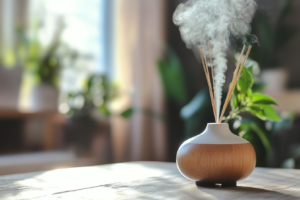
Health Benefits of Cardamom Essential Oil
From ancient times to today, cardamom essential oil has been treasured for its numerous health benefits. Let’s explore some of these.
Digestive Improvement
Cardamom is renowned for aiding digestion. Its essential oil can help alleviate common gastrointestinal issues such as bloating and indigestion. People in many cultures add cardamom to their meals to improve digestion, a practice backed by its ability to stimulate digestive enzymes.
Respiratory Relief
Breathing in the sweet aroma of cardamom oil can be beneficial for the respiratory system. This oil has the potential to relieve symptoms of colds and coughs by acting as a natural expectorant, helping to clear the airways.
Antioxidant Properties
Packed with antioxidants, cardamom essential oil can help fight against free radicals in the body. This makes it a valuable ally in maintaining overall health and potentially reducing the risk of chronic diseases.
Stress and Anxiety Reduction
Cardamom essential oil isn’t just good for the body; it’s also beneficial for the mind. Its soothing aroma can help reduce stress and anxiety. Integrating cardamom oil into your aromatherapy routine may provide a calming effect that promotes mental clarity and relaxation.
Recommended Brands:
Cardamom Essential Oil by Barefut
Cardamom Essential Oil by Rocky Mountain Oils
Cardamom Organic Essential Oil by Amrita
How to Use Cardamom Essential Oil
Understanding how to use cardamom essential oil effectively will maximize its benefits. While usage is versatile, it should always adhere to guidelines for safety and effectiveness.
Aromatherapy
One of the simplest ways to use cardamom essential oil is through aromatherapy. Adding a few drops to a diffuser can fill your space with its warming aroma, helping to lift your spirits and ease stress.
Topical Application
You can apply cardamom essential oil topically by diluting it with a carrier oil like coconut or jojoba oil. This mixture can be massaged onto the skin to help relieve muscle tension or enhance circulation. Always remember to do a patch test first, as essential oils can be potent.
Inhalation
For quick respiratory relief, add a couple of drops of cardamom oil to a bowl of steaming hot water. Carefully inhale the steam, making sure to keep your eyes closed to avoid irritation. This method can help unclog airways and provide ease from respiratory discomfort.
This image is property of images.unsplash.com.
Cardamom Essential Oil in Cooking
Cardamom’s distinctive flavor also makes it a beloved ingredient in the culinary world. While cardamom essential oil is not commonly used in food preparation due to its potency, a drop can be added to recipes that require a strong, unique flavor.
Enhancing Sweet Dishes
This essential oil pairs wonderfully with desserts. Add a drop to your favorite cake or cookie batter, or infuse it in a syrup to be drizzled over pancakes. Its warm sweetness can significantly enhance the flavor profile of sugary dishes.
Crafted in Teas and Beverages
Cardamom tea, often revered in Indian cuisine, is made more vibrant with the addition of the essential oil. Moreover, adding a drop to your coffee or smoothies can elevate your beverage experience by imparting an aromatic twist.
Pros and Cons of Cardamom Essential Oil
Every product comes with its set of benefits and potential drawbacks. It’s crucial to consider these while incorporating something new into your regimen.
| Pros | Cons |
|---|---|
| Aids in digestion | Can be potent and require dilution |
| Relieves respiratory issues | May cause allergies if used improperly |
| Rich in antioxidants | Can be expensive depending on the supplier |
| Reduces stress and anxiety | Not suitable for everyone, particularly pregnant women without medical advice |
| Versatile uses in aromatherapy and cooking | Possibility of irritation if not patch-tested |
Cautions and Considerations
Using cardamom essential oil calls for mindfulness and precaution. Despite its natural origin, it's essential to recognize it is potent and needs careful handling.
Allergic Reactions
As with all essential oils, there's a possibility of allergic reactions. Conduct a patch test before using cardamom oil, especially if you have sensitive skin or a history of allergies.
Internal Use
While cardamom oil is highly concentrated and not specifically intended for consumption, some culinary experts may choose to use it in tiny amounts. Always consult a professional or certified herbalist before ingesting essential oils.
Special Populations
Pregnant women and children should avoid using cardamom essential oil unless recommended by a healthcare provider. It is always advisable to consult with a doctor if you are taking medications or have underlying health concerns.
The Environmental Impact of Cardamom Production
When using cardamom essential oil, it's essential to consider the environmental impact of its production. Cardamom farming can have significant environmental consequences, including deforestation and the use of chemical fertilizers and pesticides. Sustainable farming practices are crucial for reducing these impacts, ensuring the longevity and health of ecosystems.
Sustainable Sourcing
Support sustainable cardamom production by purchasing from companies that practice fair trade and work with environmentally-conscious farmers. This practice not only benefits the planet but also helps ensure that farmers receive fair compensation, promoting ethical labor practices.
Conclusion: Embracing the Benefits of Cardamom Essential OilConclusion
The world of cardamom essential oil is rich with therapeutic benefits and fascinating history. From its ancient roots to its modern-day uses, it continues to be a remarkable natural remedy. While cardamom essential oil can enhance both your wellness routine and cooking endeavors, it is vital to be mindful of its potent nature and use it responsibly.
By sharing this ancient oil with a contemporary touch, I hope you’ve gained valuable insights into how it might fit into your life. Whether you're looking for a way to calm your mind, aid digestion, or simply indulge in its aromatic beauty, cardamom essential oil presents a world of possibilities.
Recommended Brands:
Cardamom Essential Oil by Barefut

